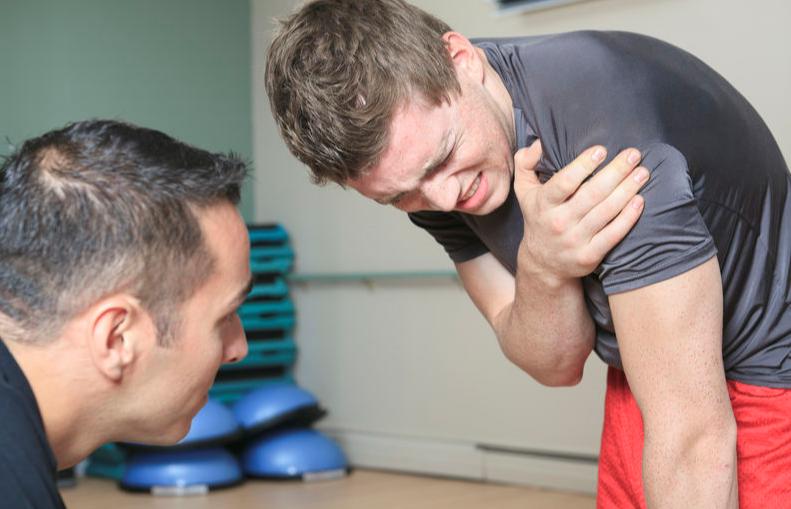Frozen shoulder, or adhesive capsulitis, is a condition characterized by stiffness and pain in the shoulder joint. It typically develops gradually and worsens over time, significantly limiting the range of motion and making even simple activities challenging. Understanding the causes and treatment options for frozen shoulder can help patients manage this condition effectively.
What Causes Frozen Shoulder?
The exact cause of a frozen shoulder is not always clear, but it often occurs after an injury or surgery that limits shoulder movement, such as a fracture or rotator cuff injury. It is also more common in people with certain medical conditions, such as diabetes, thyroid disorders, and heart disease. The condition progresses through three stages:
- Freezing Stage: Pain gradually increases, and shoulder movement becomes limited.
- Frozen Stage: Pain may decrease, but stiffness remains, significantly restricting motion.
- Thawing Stage: Gradual improvement in range of motion as the shoulder heals.
Symptoms of Frozen Shoulder
Frozen shoulder symptoms typically develop slowly over time and include:
- Dull or aching pain in the shoulder
- Restricted movement, making it difficult to lift the arm or reach overhead
- Pain that may radiate into the upper arm or neck
- Difficulty sleeping on the affected side

Diagnosis
Diagnosis is based on a combination of medical history, physical examination, and imaging tests like X-rays or MRI to rule out other potential causes of shoulder pain.
Treatment Options
Treatment aims to reduce pain and restore the range of motion in the shoulder. Depending on the severity, options include:
- Physical Therapy: Gentle stretching and strengthening exercises help restore movement. A physical therapist will guide you through a customized program.
- Medications: Over-the-counter pain relievers, such as acetaminophen or NSAIDs, can help manage pain and inflammation.
- Steroid Injections: Corticosteroid injections can reduce inflammation and pain, especially in the early stages.
- Hydrodilatation: This procedure involves injecting a large volume of sterile fluid into the joint capsule to expand and stretch the shoulder capsule, improving mobility.
- Surgery: If conservative treatments fail, surgical intervention may be necessary to release the tightened joint capsule.
Recovery and Prognosis
Recovery from a frozen shoulder can take several months to a year or more. Early intervention and adherence to a structured rehabilitation program are crucial for achieving the best outcome.
If you are experiencing persistent shoulder pain or stiffness, consult an orthopedic specialist to determine if you may have a frozen shoulder and to discuss appropriate treatment options.
For those suffering from frozen shoulders, Dr. Oladapo M. Babatunde, a leading shoulder surgeon in New Jersey, offers expert care tailored to each patient’s needs. His personalized approach to treatment, combining both non-surgical and surgical methods, ensures the best outcomes for shoulder mobility and pain relief. With his guidance, patients can find the most effective path to recovery and regain their active lifestyle. If you are experiencing the symptoms of a frozen shoulder, consulting with Dr. Babatunde could be the first step toward restoring your shoulder health.
Have Questions?
Please call our East Rutherford, New Jersey Office at 201-500-9450 or West Orange, New Jersey Office at 973-447-3525
"*" indicates required fields



